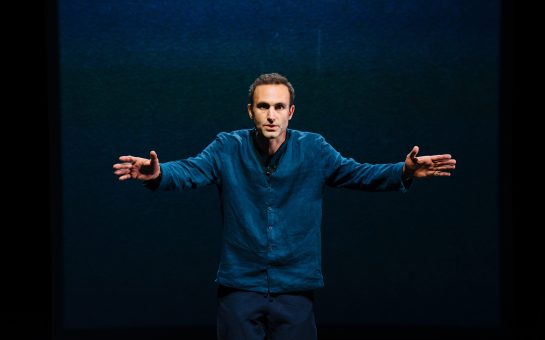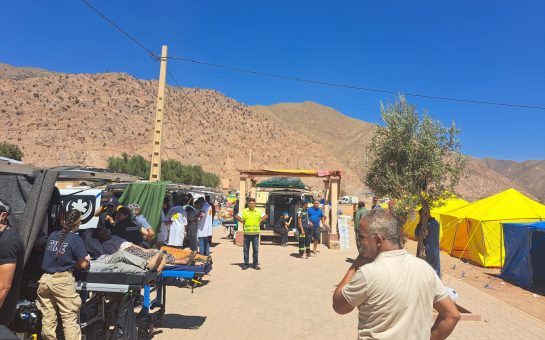When the Arab world erupted in protest back in 2010, few would have thought that three years later the tremors would still be being felt – and getting worse in some cases.
With the recent ousting of President Morsi in Egypt, the Arab world’s largest and most important country revisited the scenes that saw Hosni Mubarak removed from office after years of perceived angst.
This time however, the divide between pro and anti-government is clearer – making the prospect of violence increase day by day.
Personally, I do not believe Egypt is suited to being governed by an Islamist party, as times have changed and secular society now holds many of the cards in the revolutionary road to democracy.
The removal of Morsi calls into question how seriously democratic elections have been taken by Egyptians, and could set a dangerous precedent in that future governments in the region could be removed by popular opinion should they fail in their promises.
In Syria, the ‘Spring’ never took off, and instead the country was dragged into the depths of civil war – the worst conflict any nation can endure.
Both Bashar al-Assad’s government and the rebels are barbarically attempting to eradicate each other, with apparently no thought for the ordinary citizens – leaving the death toll heading into the hundreds of thousands, according to tentative estimates.
It is a sorry situation and one that will not improve while stockpiles of weapons are brought in from abroad to aid the rebels’ cause.
Those who control Egypt’s future must use Syria as a warning of the grim consequences of an intended swift change of political direction, and do all it can to avoid such an outcome.
Since Colonel Gaddafi was killed in bloody circumstances in Libya, where he had ruled for decades with an iron hold, the situation there appears to be improving.
A recently-elected General National Congress is overseeing a period of change – something Gaddafi never sought nor needed until it was too late.
While anything is possible in the states that have yet to be significantly affected by events elsewhere, such as Saudi Arabia and Bahrain, it is unlikely the powers that be will be swayed by any unrest, save for the few concessions that were offered in 2011.
Popular uprisings are dotted throughout history but to see so many in a short space of time suggests the increased connectivity between humans is a factor.
The Twitter generation has taken advantage of its position to pressure on respective governments around the Arab world.
It has set an at-times unpleasant precedent, but as subsequent events have shown, the fight for democracy, freedom of speech and basic human rights is a difficult one.
Picture courtesy of nebedaay via Flickr, with thanks
For more on this story and many others, follow Mancunian Matters on Twitter and Facebook.



